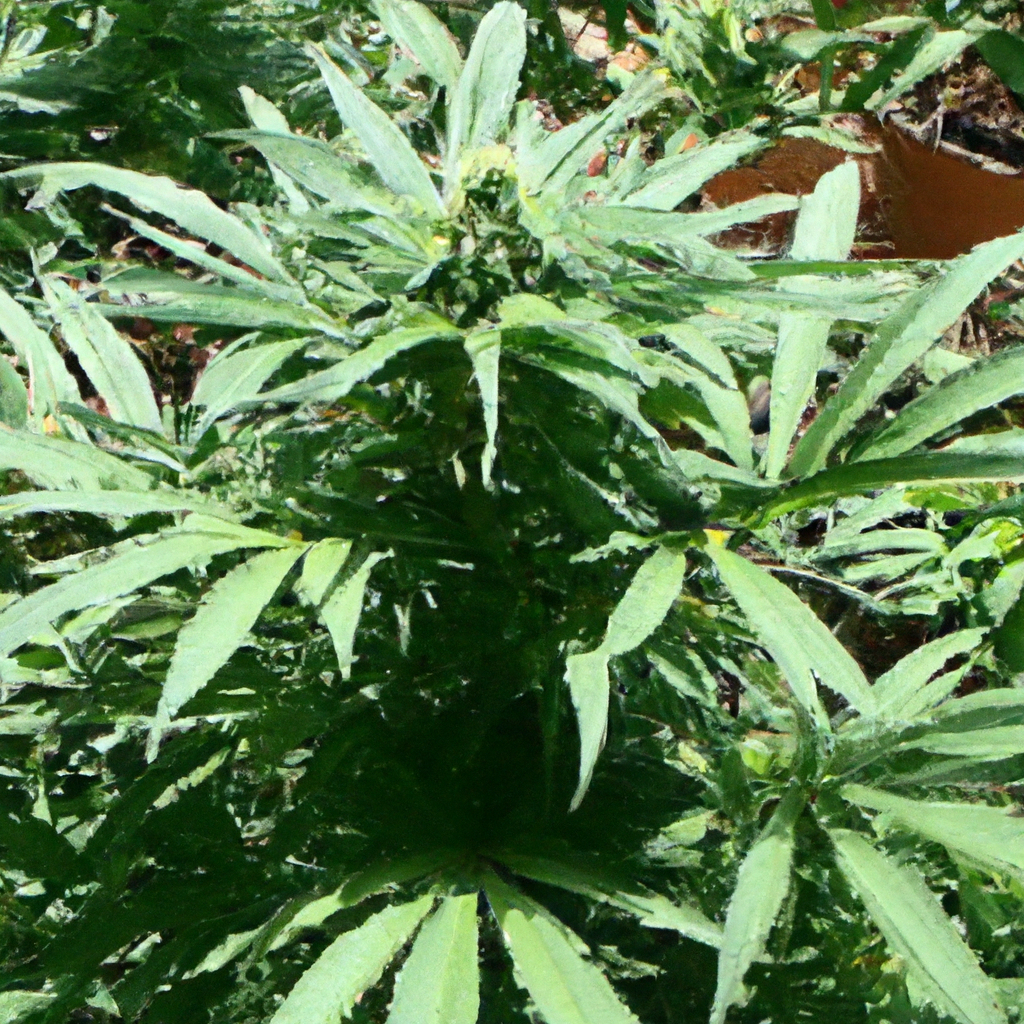Your cart is currently empty!
Organic cannabis cultivation is gaining attention for its environmentally friendly approach and the superior quality of the plants it produces. By avoiding synthetic chemicals and focusing on natural processes, growers can nurture healthier ecosystems and deliver products that are better for both the environment and consumers.
Introduction to Organic Growing
Organic cannabis growing emphasizes the symbiotic relationship between plants and their environment. This method leverages natural inputs such as compost, organic fertilizers, and sustainable pest control methods to optimize plant health without harming the ecosystem.
Building Healthy Soil Ecosystems
- Compost: Use well-aged compost to add essential nutrients back into the soil. It improves soil structure, provides essential micro and macronutrients, and fosters beneficial microbes.
- Natural Fertilizers: Incorporate organic fertilizers like bone meal, fish emulsion, and worm castings to sustainably boost plant growth. These fertilizers release nutrients gradually, ensuring a steady supply for the cannabis plants.
- Mulching: Apply organic mulch materials, such as straw or wood chips, to retain soil moisture, suppress weeds, and as the mulch decomposes, further enrich the soil.
Effective Natural Pest Control Methods
Keeping pests at bay without chemicals is crucial. Here are some natural methods:
- Companion Planting: Grow companion plants like marigolds and basil that naturally repel pests and attract beneficial insects.
- Beneficial Insects: Introduce beneficial insects like ladybugs and parasitic wasps to control aphids and caterpillars without chemical pesticides.
- Neem Oil: Use neem oil as a natural pesticide for its effectiveness in disrupting the life cycle of pests without harming beneficial insects.
Benefits of Organic Cannabis
Organic cannabis isn’t just better for the environment—it also offers myriad benefits for consumers:
- Healthier for Consumption: Free from synthetic pesticides and fertilizers, organic cannabis provides a cleaner product for consumers, reducing their exposure to potential toxins.
- Environmental Impact: By eliminating synthetic chemicals, organic cultivation minimizes environmental pollution and supports biodiversity.
- Quality Assurance: Organic practices often lead to richer terpene profiles and better cannabinoid content, enhancing the aroma and therapeutic effects of cannabis.
Conclusion
By adopting organic growing practices, cannabis cultivators can ensure they are producing not only high-quality plants but also contribute positively to the sustainability of our environment. Building a healthy soil ecosystem, using natural fertilizers, and choosing eco-friendly pest control methods are vital steps towards a more sustainable future in cannabis cultivation.
Ultimately, the rewards of organic cannabis cultivation extend beyond yield and quality—they pivot towards long-term environmental stewardship and consumer health.
Key Takeaway: Embrace organic cultivation to nurture healthier plants and contribute to a sustainable agricultural future.
Tags: OrganicGrowing, NaturalFertilizers, PestControl, SustainablePractices
Discover more from Magic Clones
Subscribe to get the latest posts sent to your email.


Leave a Reply